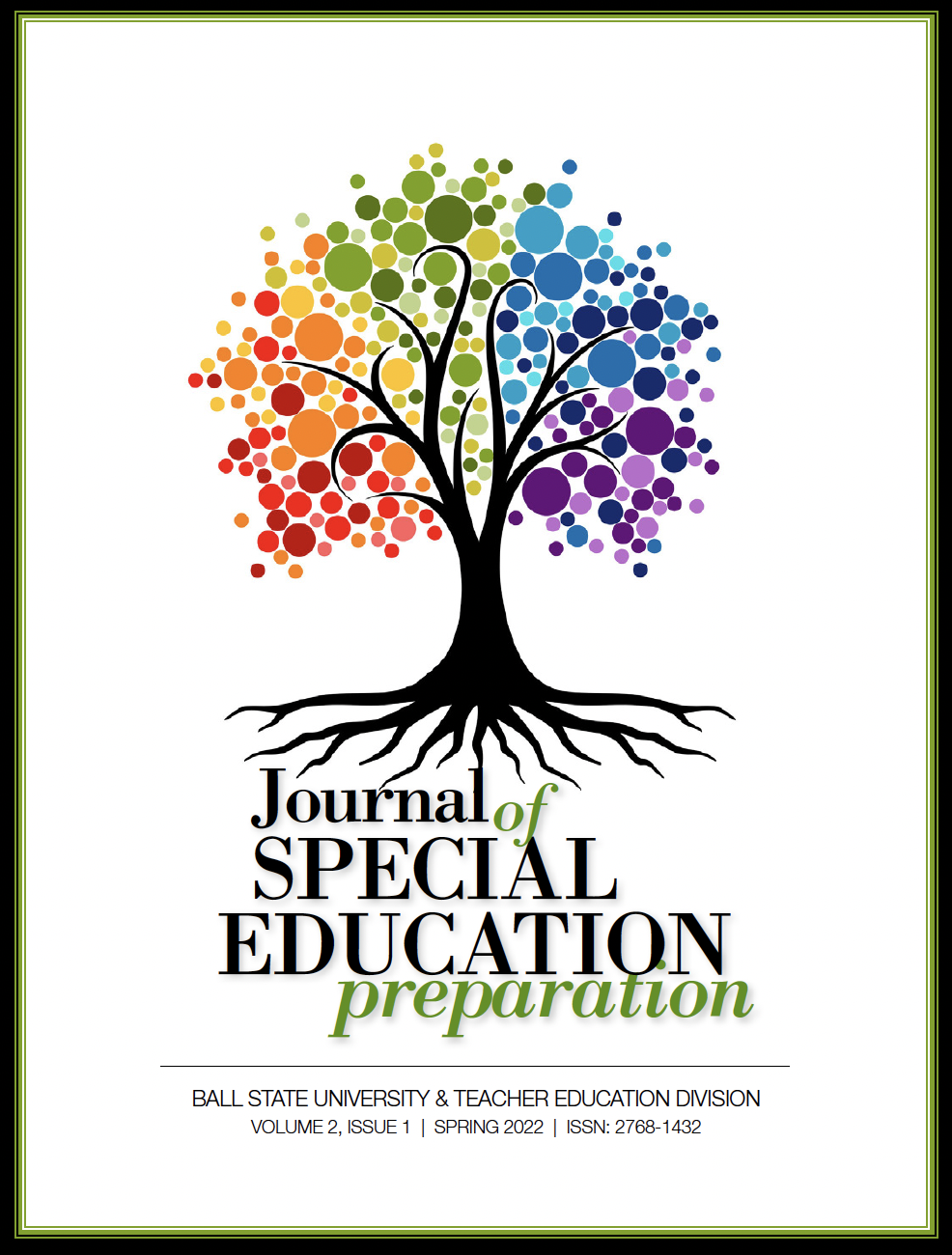Three Phases of Video-Based Reflection Activities to Transition Teacher Candidates from Understanding to Examining Practice
DOI:
https://doi.org/10.33043/JOSEP.2.1.28-37Keywords:
field experience, reflective practice, simulation, video analysis, video-based reflection activitiesAbstract
Video-based reflection activities, common to teacher preparation, serve as a bridge between theory and practice and support teacher candidate professional growth overall. Without the necessary guidance on how to reflect, many teacher candidates lack the ability to critically review, analyze, and evaluate their teaching to learn from and apply new insights to future teaching situations. Candidates
likely need to develop foundational skills prior to engaging in complex, video-based reflection activities. The purpose of this article is to describe a three-phase sequential approach to developing teacher candidates as reflective practitioners. Specifically, the three phases begin with foundational skills of understanding practice, then shift to approaches for connecting practice, and finally transition to sophisticated professional growth opportunities through examining practice. Details regarding logistics and parameters for exemplar video-based observation activities as well as steps for guiding reflective practice at each phase are discussed.
Downloads
Downloads
Published
How to Cite
Issue
Section
License
Copyright (c) 2022 Sarah Nagro

This work is licensed under a Creative Commons Attribution-NonCommercial-NoDerivatives 4.0 International License.


